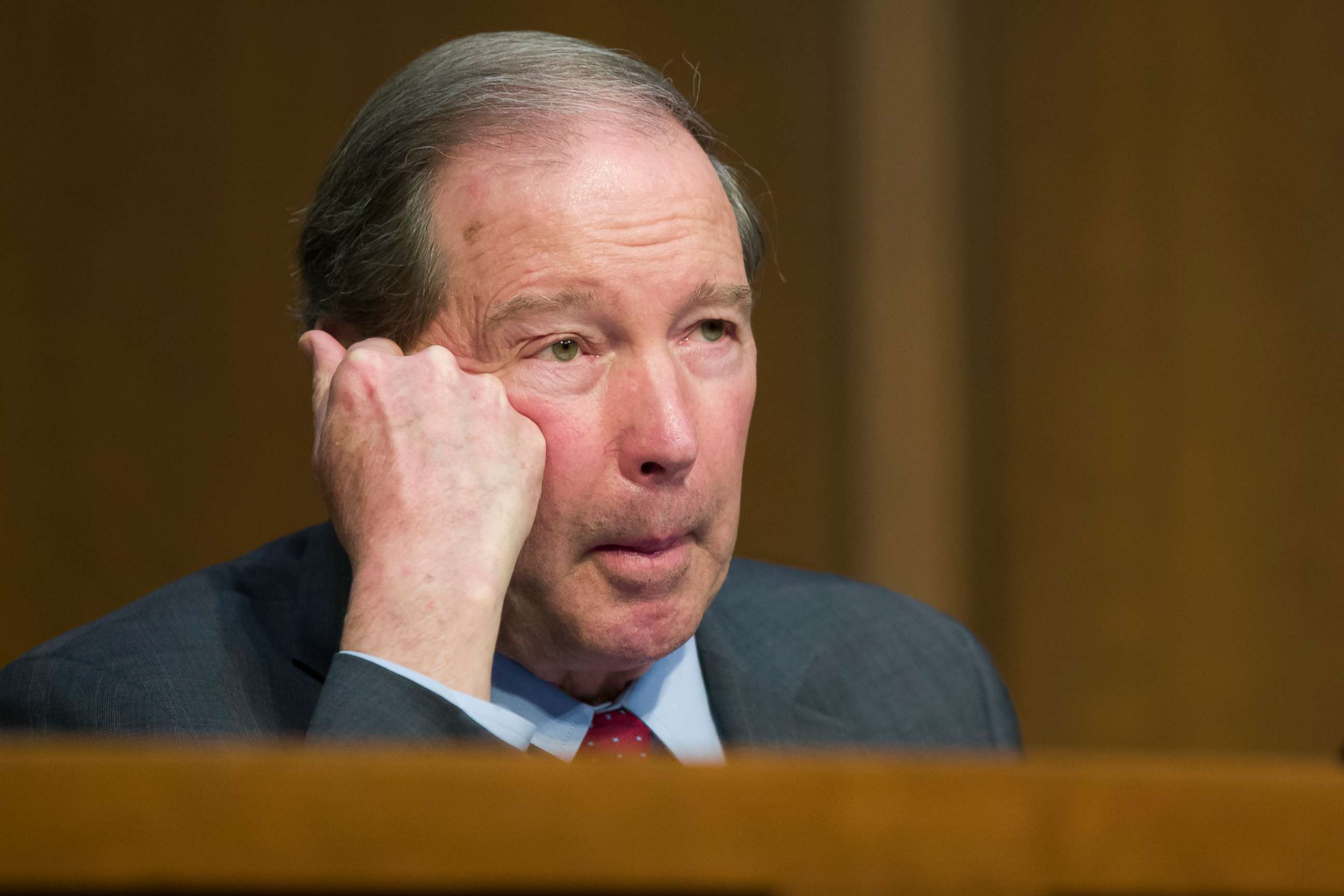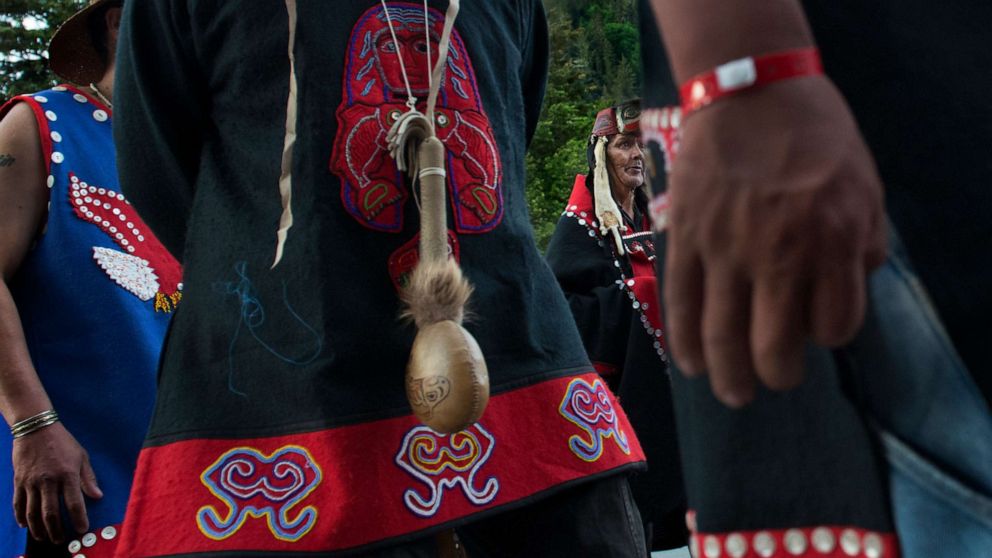Senate lawmakers express 'utter frustration' with Trump administration's commitment to public safety in tribal communities
The hearing addressed high rates of victimization in tribal country.
As violence against women, children and law enforcement continues to rise in tribal communities, lawmakers met to discuss bipartisan legislation on combating these issues and to question the Trump administration on its sense of urgency increasing public safety for Native Americans.
“These bipartisan bills are an opportunity for us to transform talk about the importance of improving tribal public safety into concrete action,” New Mexico Sen. Tom Udall, said at Wednesday's Senate Committee on Indian Affairs hearing.
The five bills proposed seek to direct Attorney General William Barr to develop new law enforcement and justice protocols addressing missing and murdered Indians, increase coordination and data among federal agencies dealing directly with public safety on tribal lands and to extend the jurisdiction of tribal courts to cover crimes involving sexual violence against children and crimes against law enforcement.
This hearing follows the announcement by the Department of Justice in September that it would double its tribal funding in an effort to improve public safety, serve victims of crime and combat violence against women.

However, during the hearing Udall expressed his “utter frustration” with both the DOJ and the Bureau of Indian Affairs as they failed to not only meet a deadline to pre-file written testimony ahead of the hearing, but the departments also did not come prepared to make concrete decisions on the bills put forth by the committee.
“It is only fair to question the sincerity of claims to a ‘renewed commitment,’” Udall said. “I will not abide anymore empty words and Indian country can not, and should not, accept anymore lip service. It’s past time for the administration to show some follow through.”
In 2016, there were roughly 5,700 reports of missing American Indian and Alaska Native women and girls, according to the National Crime Information Center. However, only 116 cases made it into the US Department of Justice federal missing persons database.
According to the National Institute of Justice, 84% of Native women experience violence in their lifetime.

Tracy Toulou, director of the Justice Department Office of Tribal Justice, apologized for submitting late testimony to the committee and cited Barr’s recent trip to Alaska to meet with Native tribes as evidence of the department’s commitment to tackling the “complex issues” of public safety that face tribal nations.
“The departments and tribes are partners in ensuring public safety in Indian country, and we recognize the challenges faced by tribes are generally best met by tribal solutions,” Toulou said.
Charles Addington, the director of the Bureau of Indian Affairs’ Office of Justice Services, also apologized for not meeting the testimony filing deadline citing a delay during the clearance process.
While both departments said that they agree with the intent of the bills, they said that some "technical details" of the bills needed to be worked out before they could sign off on them.
Michelle Demmert, chief justice of the Central Council Tlingit and Haida Indian Tribes of Alaska, spoke to the committee on how “critically important” these bills are to provide a “path to change” for the victimization of native women and children. However, she added that lasting change can only happen when tribal governments have an increased role in implementing solutions.
“The current criminal system fails to protect tribal people and tribal communities,” Demmert said.
North Dakota Sen. John Hoeven, chairman of the committee, granted an extension of July 8 for the departments to file further testimony with “definitive conclusions” on the bills.



